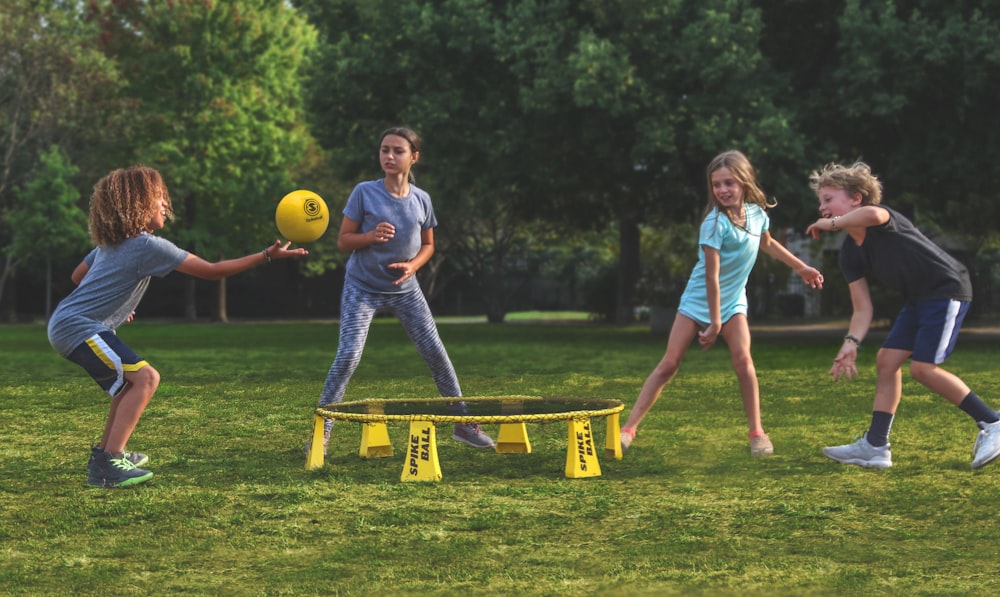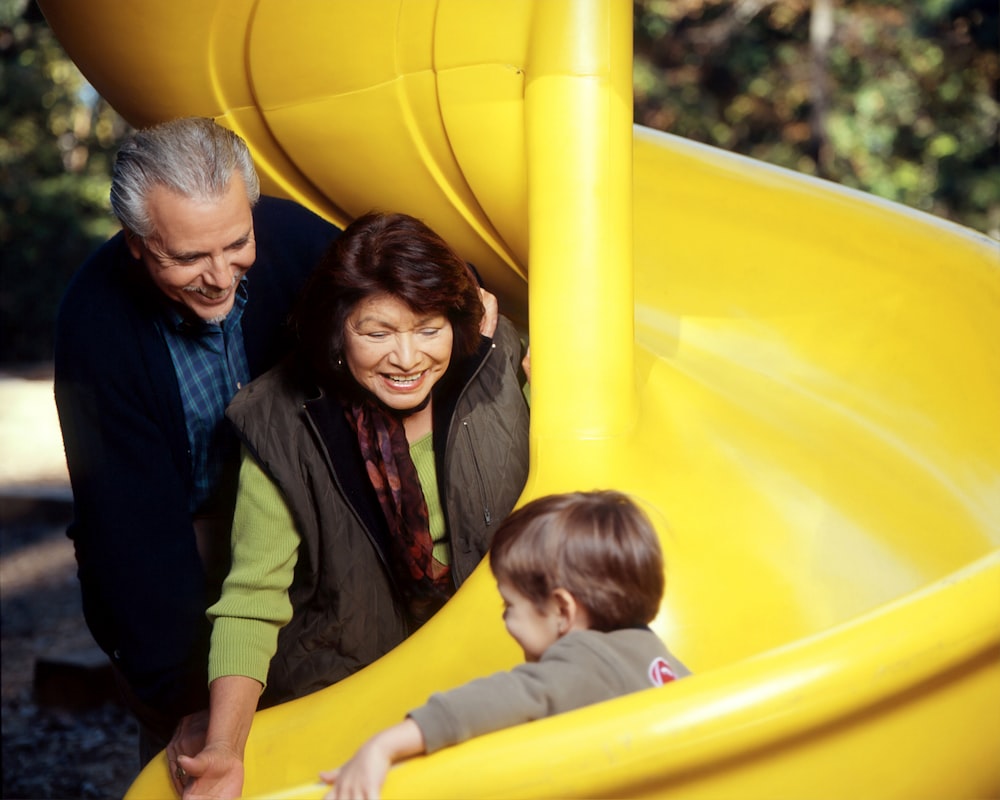Friendship is the comfort of knowing that even when you feel alone, you aren’t.
There are many things which we feel are important in our life, and friendship is one of them. Friends think alike, act alike, without friends the world is incomplete. Our little munchkins grow a little, play with other kids and slowly learn everything with them. When they are small, they learn to interact with each other, when they grow up a little more, they have a unique way to see the world, which we might not understand, but friends can.
All kids love to be with their friends, but there are some kids who are not able to make friends and socialise with them. Why is it so? Parents need to understand why their kids are not able to make friends and accordingly help them to cope with the problem.
Not all kids are social butterflies, but if they are struggling to make friends, we may have to couch them or train them to socialise with others.
Observe your child
Keep an eye on your kid when you leave them to play with others. Observe their behaviour to understand the problem. Some kids might be good and active at home, but when out of their comfort zone, they don’t understand how to behave or what to talk. Check if there is any fear or anxiety which prevents them from socialising with others.
According to the behaviour, you can seek help to resolve the problem.
Being a Role Model
Parents are one of the best and favourite role models of their kids. They keep observing you even if you don’t know what they are doing. They watch your actions and behaviours. Try to meet with your friends and let them check how you are behaving when your friends are around.
Try to be their friend
No other can be as good a friend as parents. Parents are the one who are always concerned about their kids and show the right path. If they don’t want to socialise, don’t push them to do so. In fact, try to understand them, talk to them.
Some parents get irritated with such behaviour of their kids, and they start yelling at them, comparing them or start shaming them. There is no fun in doing such things or behaving like an authoritative parent. Kids growing under authoritative parenting often are misbehaved kids and don’t have sympathy or kindness for others.
Teaching them to control their emotions.
Kids too have negative feelings and thoughts in their mind. Sometimes they are upset with one or the other thing. Parents need to check on their behaviour, gestures or facial expressions to figure out if there is any problem. Talk and respond to their negative emotions.
Studies shows that parents who responded to their kids’ negative emotions when they were upset came out to be a strong individual when they grew up.
On the other hand, parents who didn’t respond and just asked their kids to go back to their room, or just ignored them saying “you are speaking rubbish”, grew up to be individuals who were not able to control their emotions or didn’t know how to behave in a particular given situation.







